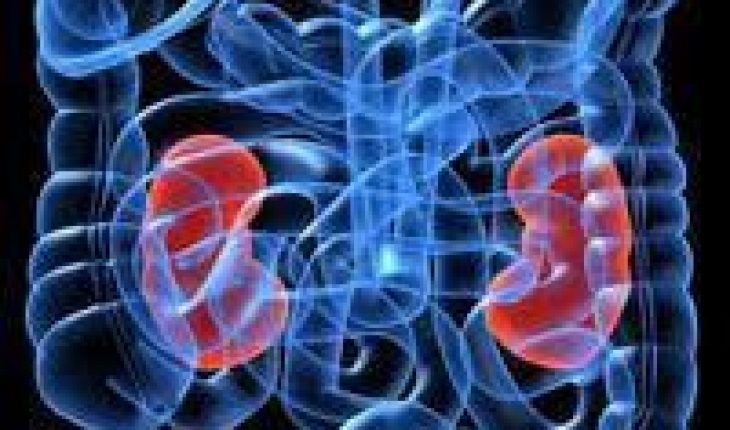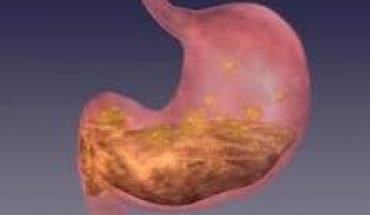The kidney is a very important organ in the body. There are times however when due to many reasons, the kidney fails. Medical practitioners for years have studied what kidney failure symptoms are, and how can they be minimized. We first need to explain what is the kidney and it’s functions.
It is found that that the kidneys are organs having a range of functions. They play an integral role in the urinary system, and have other functions including the monitoring of electrolytes, and maintenance of blood pressure. Kidneys are a natural filter of the blood, and remove the body’s waste, which are rerouted to the bladder. In producing urine, the kidneys excrete wastes such as urea and ammonium; the kidneys are also responsible for the reabsorption of water, glucose, and amino acids. The following should be noted:
- In the initial phase, kidney failure may be not produce any symptoms.
- As the normal functions of the kidney become decreased, the symptoms now relate to the incapability of the kidney to regulate water and other balances, to eliminate waste products from the body, and to increase the production of red blood cells.
- Weakness,
- Shortness of breath.
- Unusual swelling.
- The increased acidity in the body arising from the inability to produce bicarbonate, will prevent enzyme, and oxygen metabolism, causing the organ failure.
- Increased urea levels in the blood can adversely affect the function of a variety of organs ranging from the brain, with alteration of thinking, to inflammation of the heart lining, to decreased muscle function because of low calcium levels.
- The general weakness may be due to anemia, a lower than normal red blood cell count, resulting from lower levels of erythropoietin produced by the increasingly failing kidneys, which do not stimulate the bone marrow efficiently. A reduction in red cells equals a decrease in the capacity of the blood to carry oxygen, resulting in not enough oxygen being delivered to the cells, which reduces their capacity to work properly; resulting from this, the body gets tired easily and quickly.
- As waste products build in the blood, loss of appetite, lethargy, and fatigue are now more pronounced. This will continue to the point where it affects the body’s ability to function mentally, and a coma may occur.
Due to the kidneys’ inability to deal with the rising acid load in the body, breathing now becomes faster and more difficult as the lungs try to counteract the acidity, by attempting to blow off carbon dioxide. Blood pressure may also rise resulting from of the excess fluid, and this fluid can be left in the lungs, which then can result in congestive heart failure.
Kidney failure symptoms will be confirmed by a medical doctor. To reduce the chances of kidney failure, one needs to eat healthy and adopt an active lifestyle.





